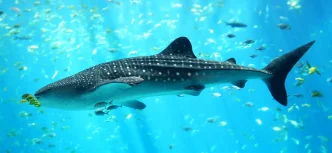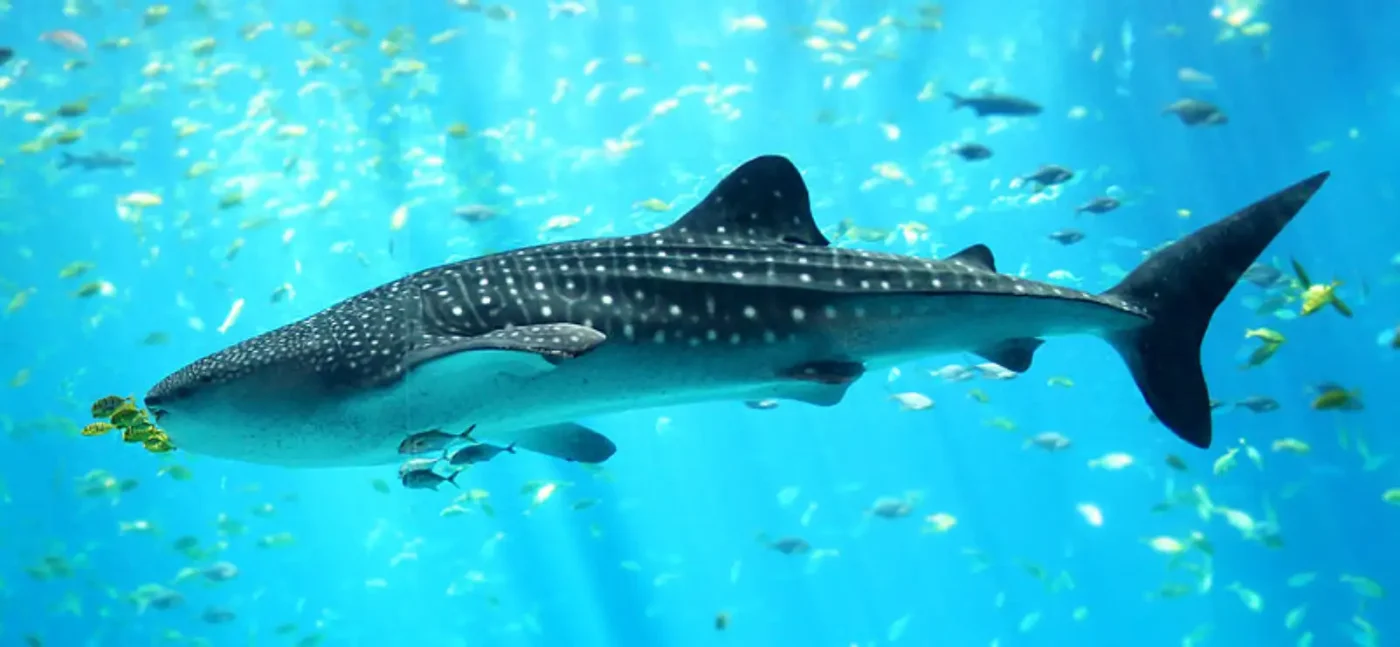In the quiet coastal town of Donsol, located in Sorsogon province of the Philippines, a remarkable story of marine conservation and ethical tourism is unfolding. Since 2007, the World Wide Fund for Nature (WWF) Philippines has documented 771 unique whale shark sightings in these waters, a testament to the town’s dedicated efforts to protect these gentle giants. Known locally as “balik Donsol” or returning visitors, these whale sharks have become a symbol of harmony between nature and human activity, drawing global attention to Donsol as a beacon of sustainable ecotourism.
A Record of Success
The 2025 interaction season, which runs from November to May, has already recorded 55 whale shark sightings, including 24 newly identified individuals and 31 returning ones, according to Manuel Narvadez Jr., the WWF Philippines-Donsol Integrated Conservation Program manager. Speaking in a recent interview, Narvadez explained the meticulous process behind these numbers: “From 2007 until today, we have a total of 771 unique individuals, and all of them are recorded in our Sharkbook” he said. The identification method relies on photo ID, capturing the unique spot patterns near the gills of each whale shark—akin to human fingerprints—to distinguish between new and returning animals.
What sets Donsol apart is not just the numbers but the ethos driving its conservation model. Strict guidelines ensure that interactions between tourists and whale sharks remain ethical and non-invasive. “Donsol is a model site for ethical wildlife tourism, and we really value it” Narvadez emphasized. Key among these rules is a ban on feeding the whale sharks, a practice that could disrupt their natural behavior and dependency on local ecosystems.
Ethical Interaction at the Core
The rules for tourists are clear and non-negotiable. Visitors must maintain a distance of at least 3 meters from a whale shark’s head and 4 meters from its tail. Touching, riding, or feeding the animals is strictly prohibited. “It’s our way of minimizing, or avoiding, stress on the animals” Narvadez noted. Before embarking on interaction tours, every visitor attends a mandatory orientation to understand the importance of these guidelines. Herbie Aguas, regional director of the Department of Tourism (DOT) in Bicol, underscored the philosophy behind this approach: “We tell our guests: these animals are not here for our entertainment. We’re lucky to share their space” he said.
This commitment to ethical tourism is a collaborative effort. The local government of Donsol, the provincial government of Sorsogon, the DOT, and WWF Philippines form a quadripartite alliance that has been instrumental in balancing conservation with visitor experience. Training programs initiated by the DOT ensure that all stakeholders—from boatmen to restaurant owners—are aligned with the town’s conservation goals. The result is a community-wide dedication to protecting the whale sharks while welcoming tourists with open arms.
Boosting the Local Economy
The success of Donsol’s conservation efforts extends beyond marine life to tangible economic benefits for the town. Don Llagas, Donsol’s tourism officer, highlighted the transformation brought by the influx of visitors. “From a third-class municipality, we are now a first-class municipality. That’s the positive result of tourism” he said. The growing number of tourists has injected vitality into the local economy, creating jobs and opportunities for residents while maintaining a focus on sustainability.
With tourist arrivals on the rise, the local tourism office remains vigilant in enforcing interaction rules to prevent any harm to the whale sharks. The delicate balance between economic growth and environmental protection is a priority, ensuring that Donsol’s success story does not come at the expense of the very creatures that draw visitors to its shores.
A Blueprint for the Future
Donsol’s approach offers a compelling blueprint for other regions grappling with the challenges of ecotourism. By prioritizing ethical interactions and fostering collaboration among government bodies, conservation groups, and local communities, the town has demonstrated that tourism and conservation can coexist. The presence of “balik Donsol” whale sharks year after year suggests that these efforts are paying off, as the animals return to waters where they feel safe and undisturbed.
As the 2025 interaction season continues, Donsol stands as a reminder of what is possible when human curiosity is tempered with respect for nature. For the residents and visitors alike, each whale shark sighting is not just a moment of awe but a celebration of a shared commitment to preserving the wonders of the ocean for generations to come.
















